Do you know who made your clothes? This is a question Fashion Revolution have been asking since 2014.
Founded in response to the 2013 Rana Plaza factory collapse in Bangladesh which killed 1138 people, many of whom were young female workers in the five garment factories which occupied the building. A preventable tragedy, this became a catalyst for many to question the ethics of some well known clothing manufacturers whose factories, in this case, valued profit over human life.

Who are Fashion Revolution?
They are a non-profit organisation who believe in holding the fashion industry accountable, in order to create an industry which values people, the environment, creativity and profit in equal measure.
Their mission is to unite people and organisations so they can work together to radically change the way our clothes are sourced, produced and consumed. Clothing should be made in a safe, clean and fair way and Fashion Revolution believe achieving this involves collaborating across the whole value chain "from farmer to consumer” to transform the industry.
This ethos aligns perfectly with our values here at Oscha and we are proud to have been supporters of this amazing cause since 2017.

What are their aims?
You can read their full manifesto online, but the broad aims of Fashion Revolution are to change the fashion and textile industry so that clothes are created in a way which doesn't destroy the planet or exploit people.
In order for this to happen Fashion Revolution believe three things need to change: the Model, Material & Mindset.
Model: Despite the higher cost of making clothes, the price we pay for our clothing is cheaper than ever before. Fashion Revolution believes this system isn't working.
They believe that the whole fashion industry needs a radical paradigm shift and that the way that we produce and consume clothes needs to be transformed. This means business models will need to change and a multiplicity of solutions will be required.
Material: Fashion Revolution hold that basic health and safety measures do not exist for many of the people working in fashion's supply chains. The legal minimum wage in most garment-producing countries is rarely enough for workers to live on.
There is unprecedented waste from consumers and manufacturers. 150 billion items of clothing are delivered out of factories annually yet Americans alone throw away approximately 14 million tonnes of garments each year, that's over 36 kg per person.
Our clothes can have a devastating environmental impact too. The chemicals used to grow, dye, launder and treat our clothes end up polluting rivers. A huge amount of water is used to produce garments through growing cotton and through wet processing, such as dyeing and laundering. In addition to this clothing accounts for around 3% of global production of CO2 emissions, according to The Carbon Trust.
Mindset: Fashion Revolution draw attention to the fact that way we consume clothing has changed in the last 20-30 years. We buy more clothes than we used to and spend less on them, in fact as a society we purchase 400% more clothing today than we did just 20 years ago. Every time we buy something that costs less than we think it should, we are implicit in the impacts of that transaction.
Ultimately, we need to buy less, buy better and keep asking questions about the realities behind what we're purchasing. We need to love the clothes we already own more and work harder to make them last.

Oscha's Vision
Here at Oscha we agree with the aims and vision of Fashion Revolution, that is why we are so passionate about supporting them. Here are just a few of the ways we work to break the cycle of unethical and unsustainable production and manufacturing:
- We charge a fair price for our products based on the manufacturing and material costs, as well as the skill of our workers.
- All of our fabrics are made from responsibly sourced and organic yarns.
- Where possible we use low impact alternatives to traditional materials, for example Tencel rather than cotton.
- Where possible we use organic yarns, which use less water and are gentler on the environment, and farmers, than yarns produced using harsh chemicals.
- Our fabrics are woven in England in an ethical mill where workers are paid fairly for their work.
- Our slings are stitched in our Scottish workshop where we pay the real living wage.
- We power our workshop entirely by solar panels, this saves over 1700kg of carbon from entering the atmosphere each year.
- Every sling sold contributes to our grove of trees in the Caledonian forest, this helps to offset our minimal carbon emissions.
- Our slings produce Zero Waste with every scrap of yarn and fabric used, or recycled if it they are too small to be usable.
- We only use fibre reactive dyes, meaning they do no damage should they enter the environment.
- We encourage our customers to make their slings last, with videos on how to fix minor damage and a Customer Care department which is always on hand to support customers whether they buy from us directly or buy second hand.

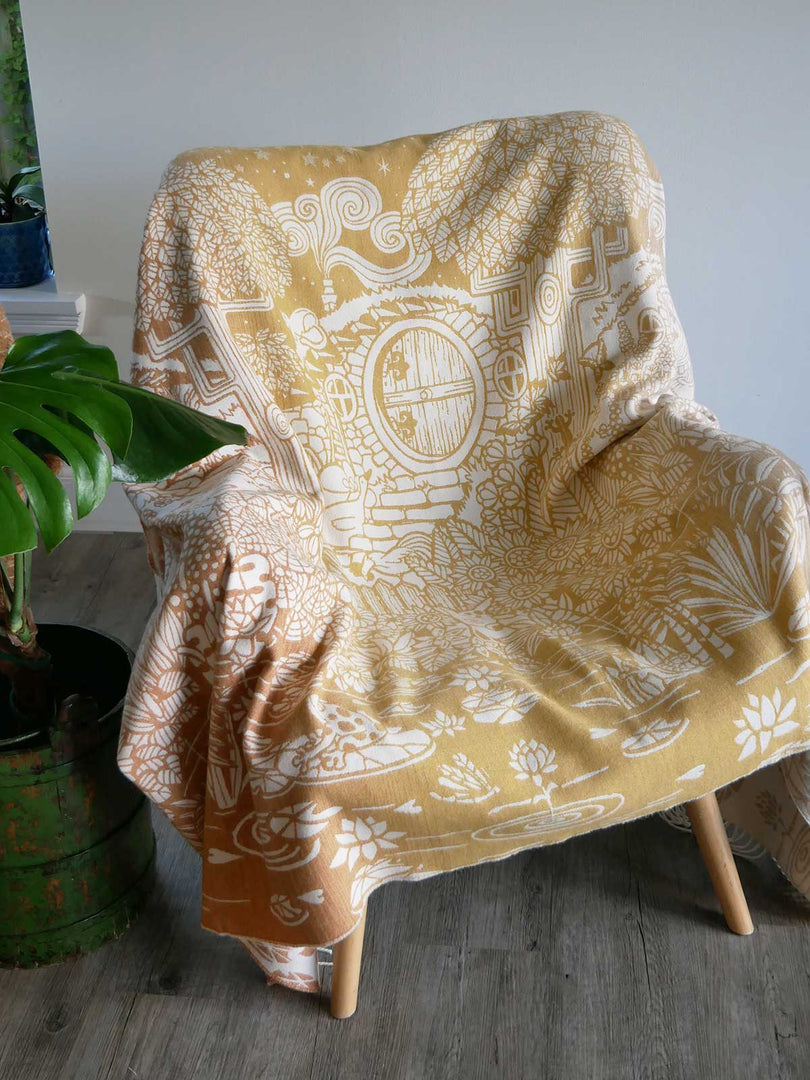



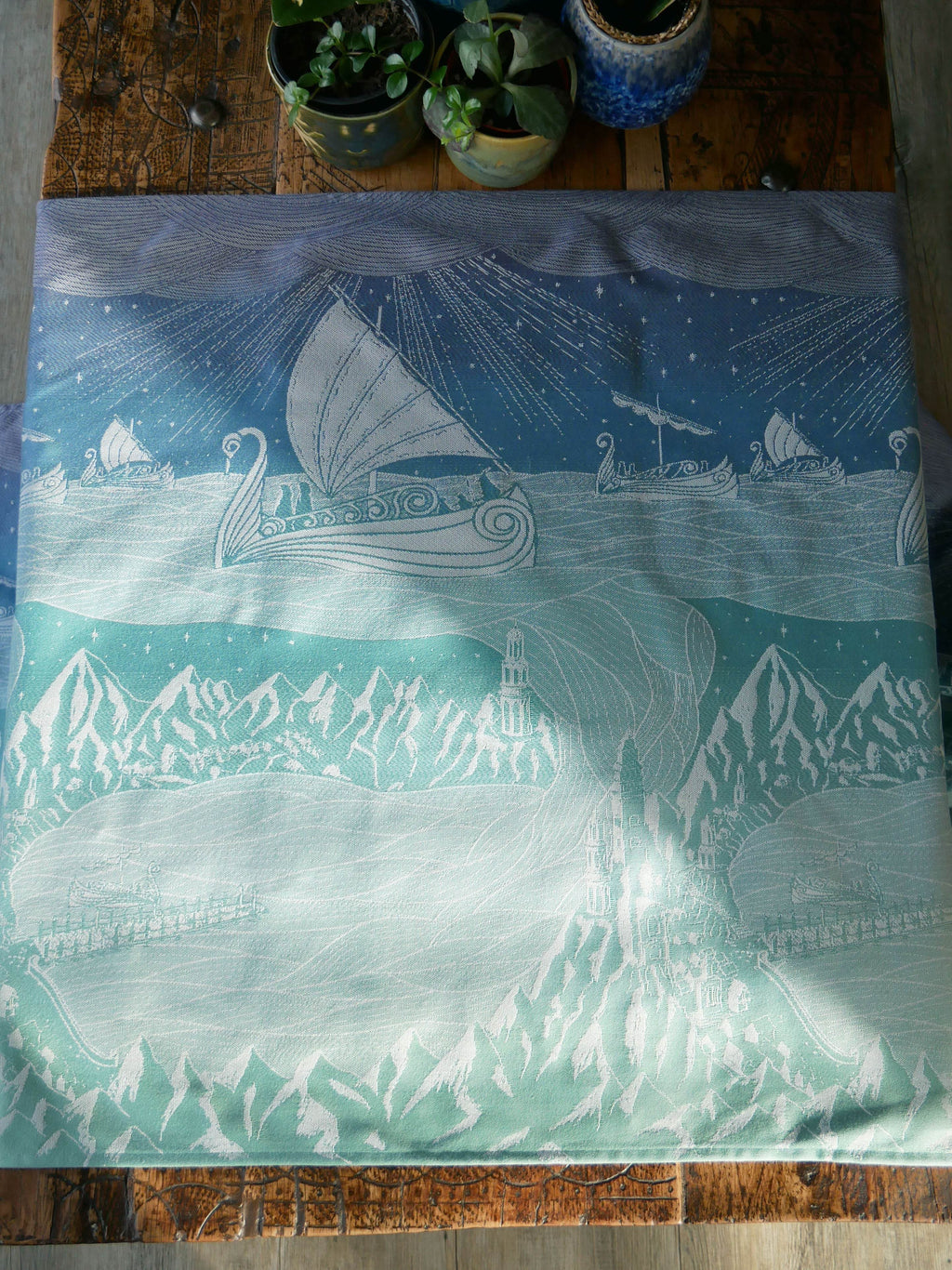

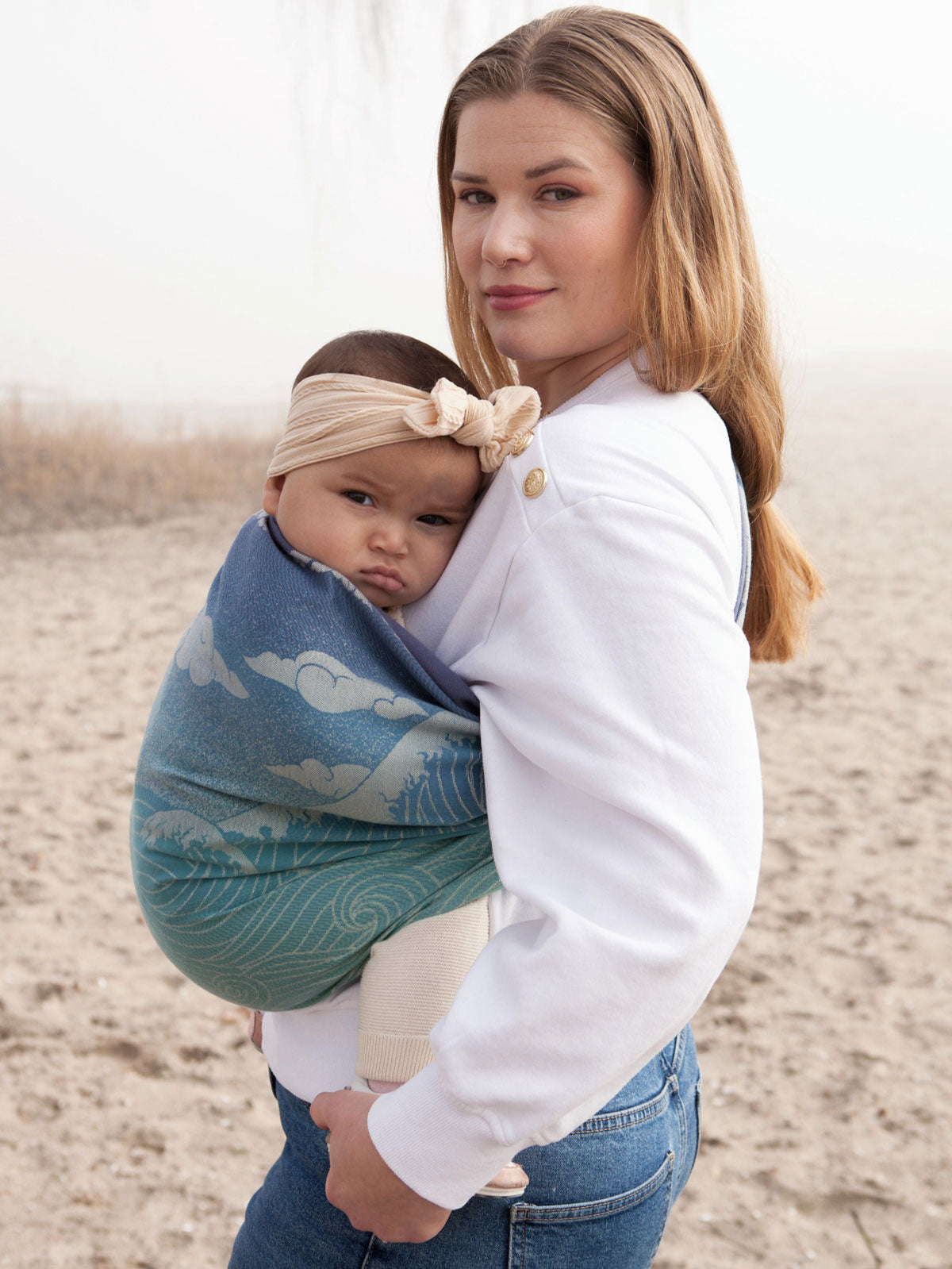
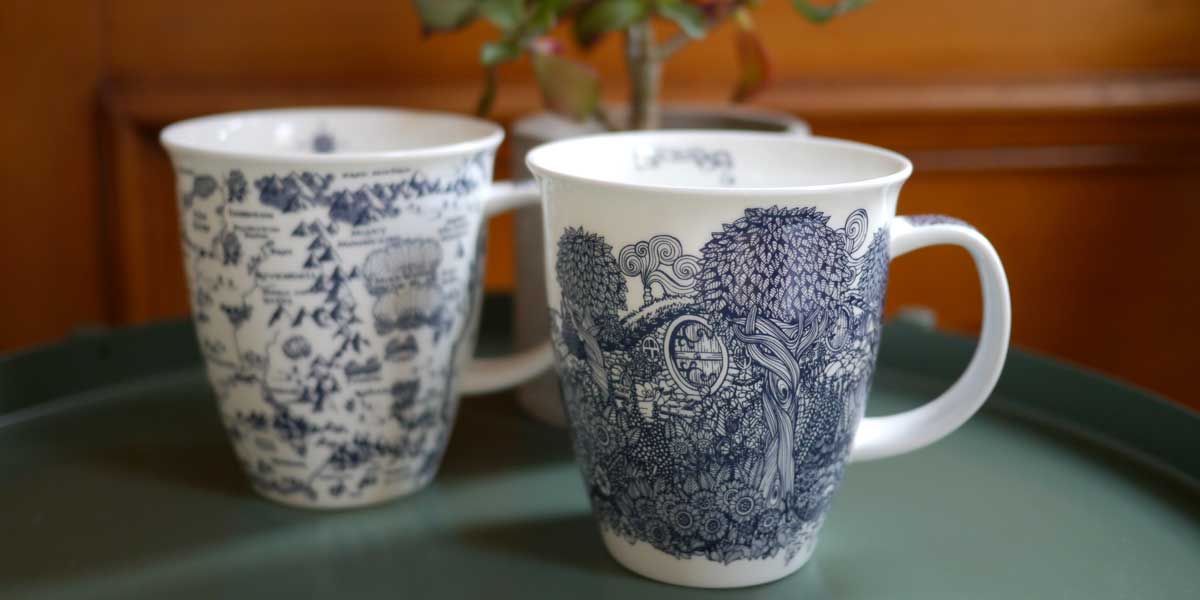
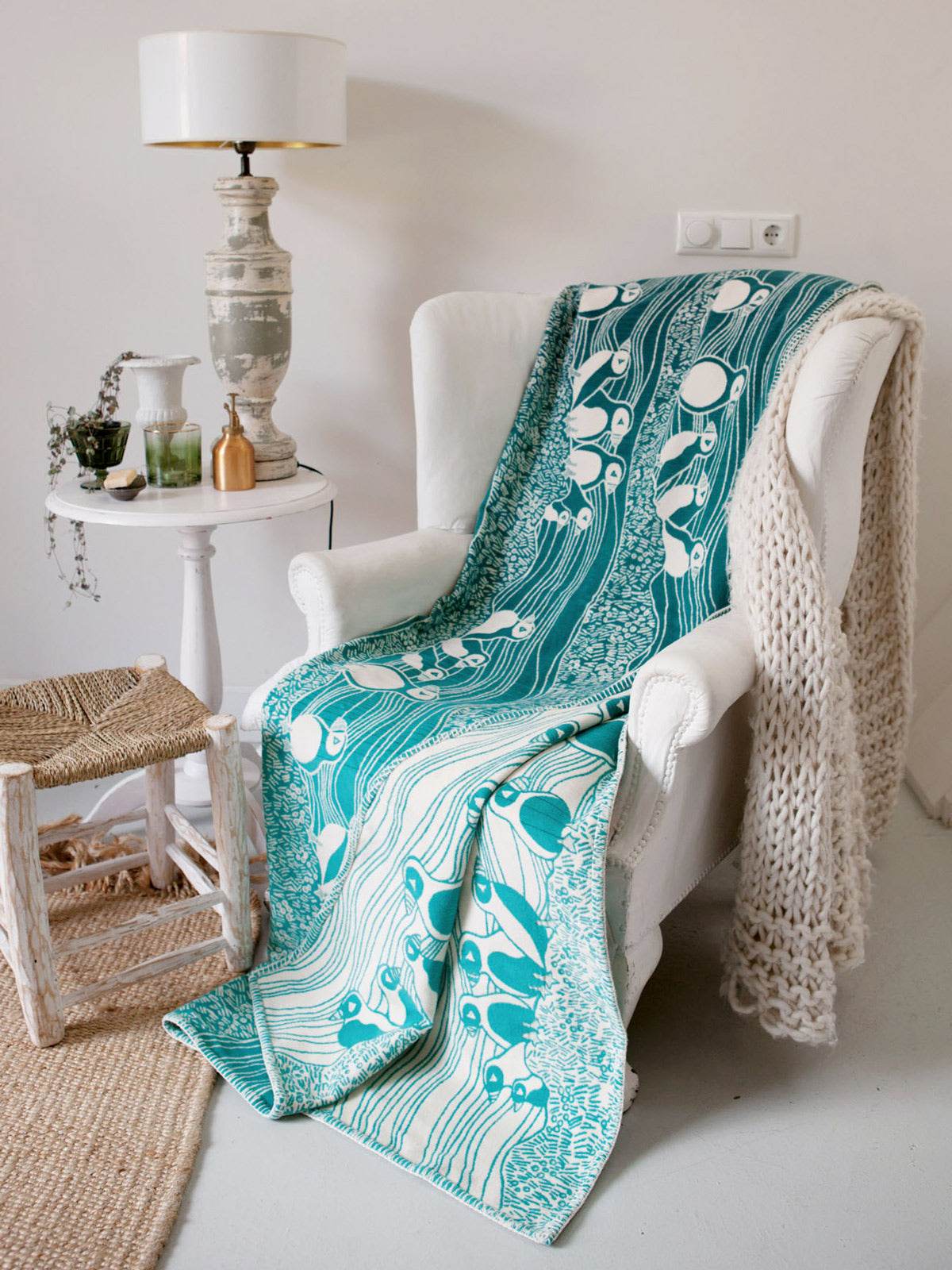
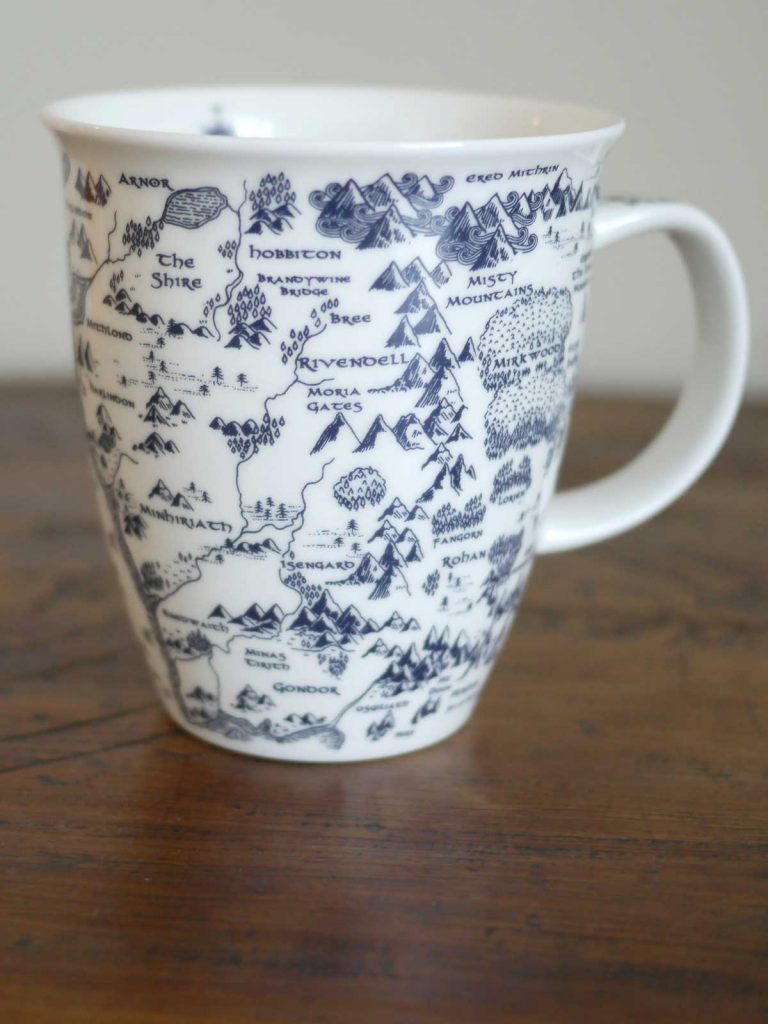
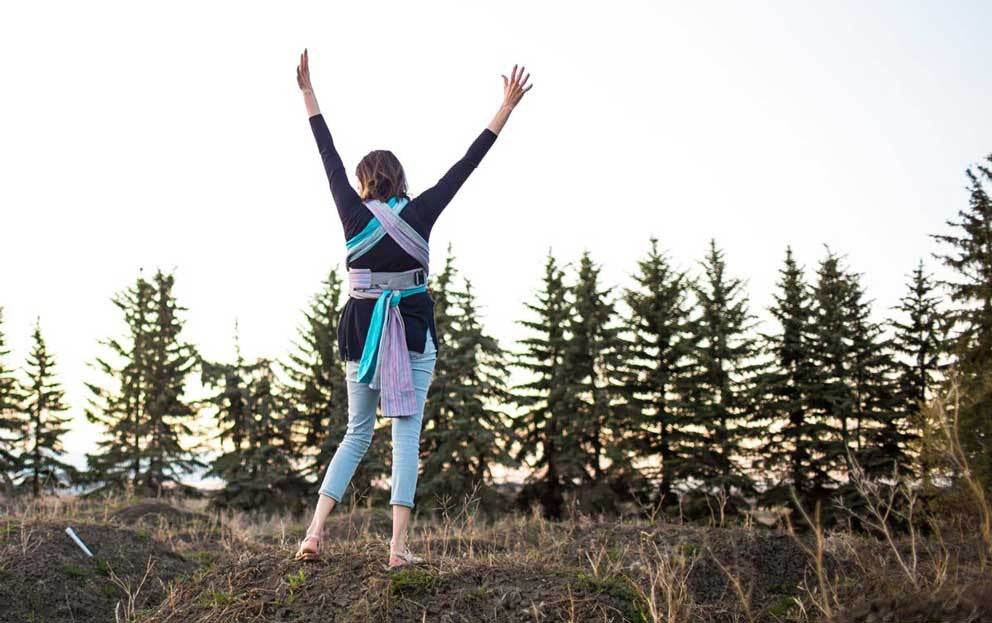
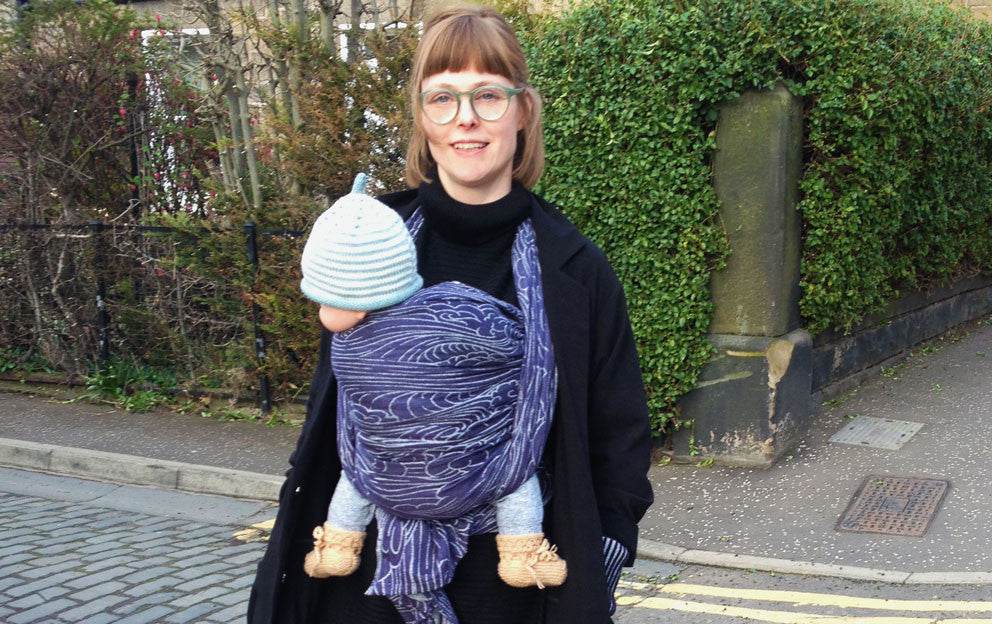
 https://oschaslings.com
https://oschaslings.com